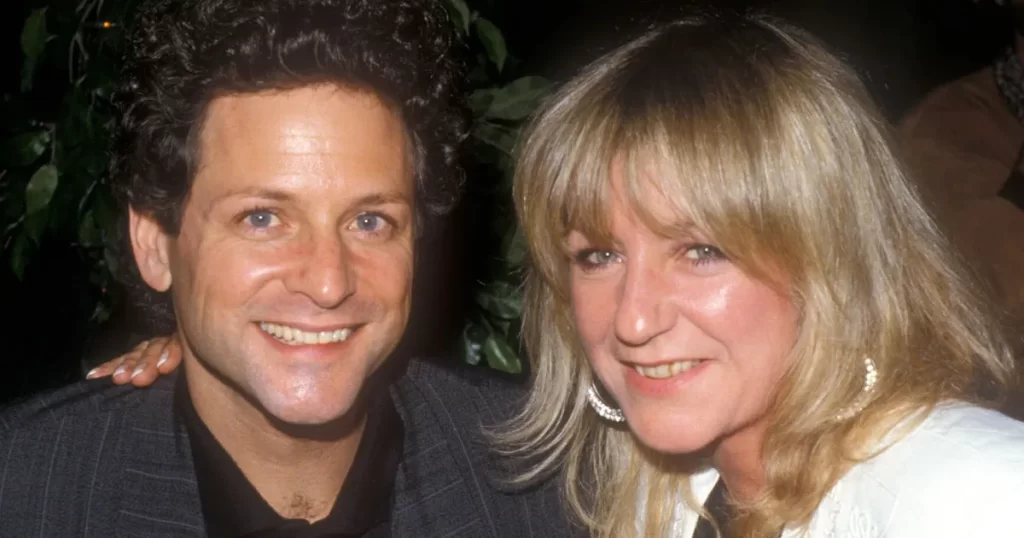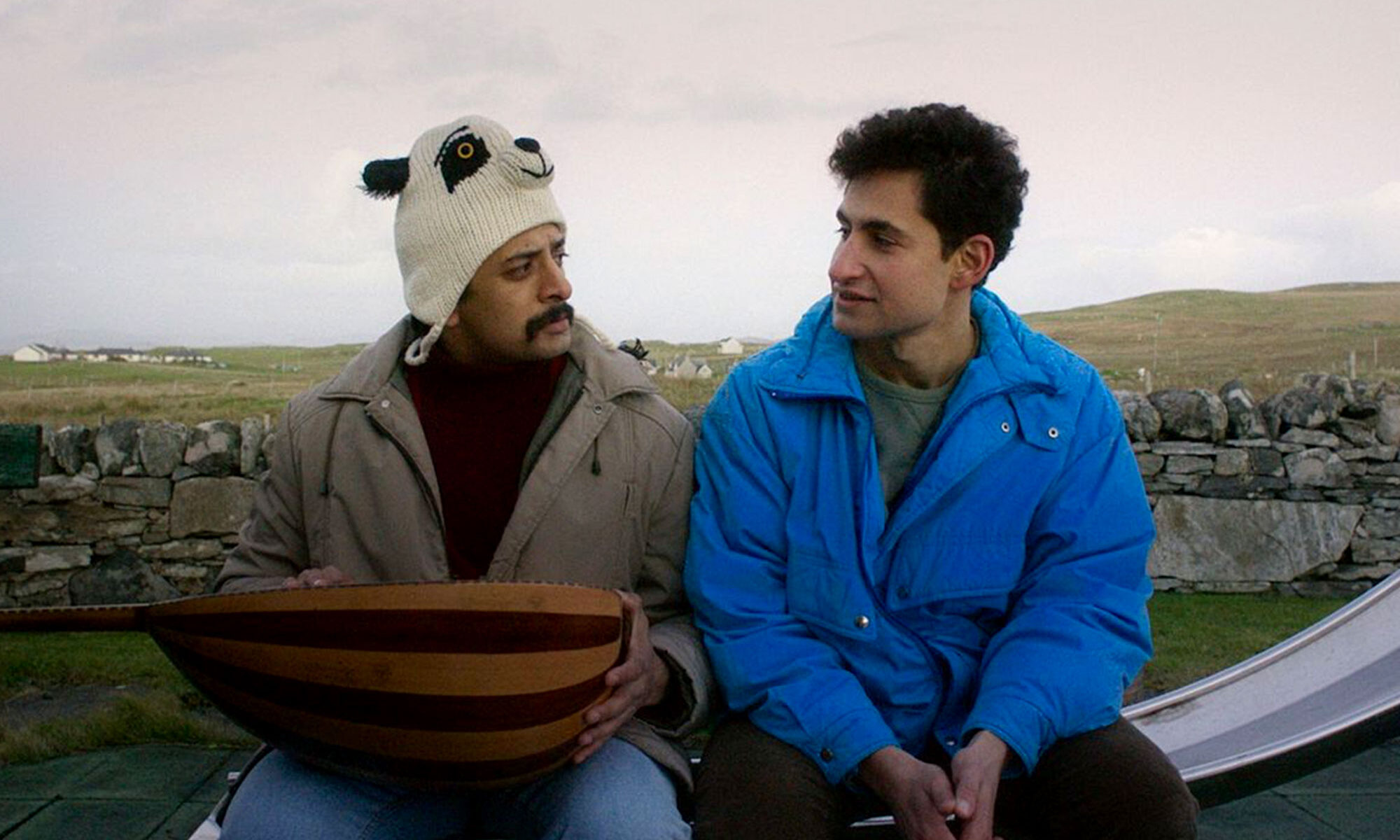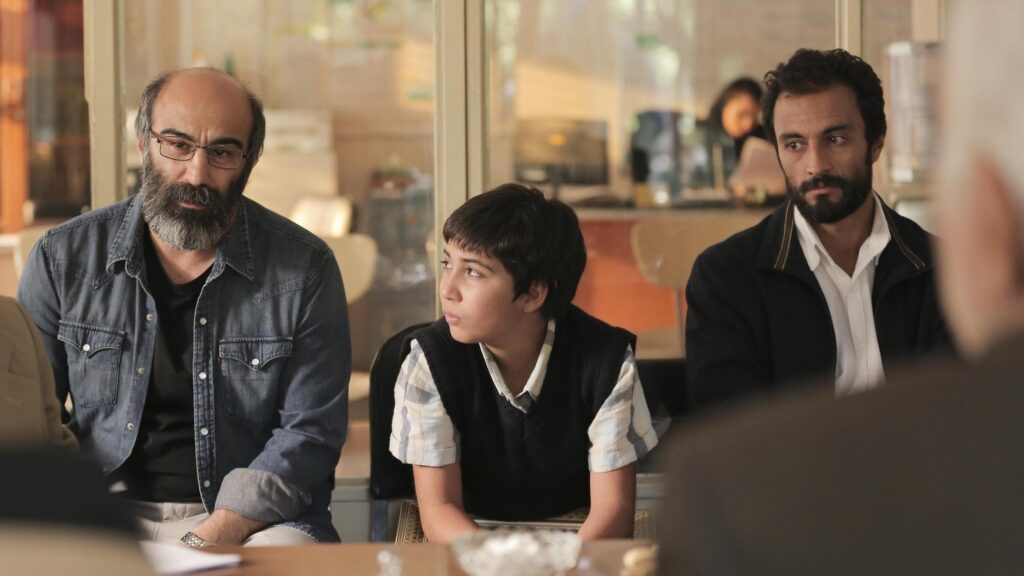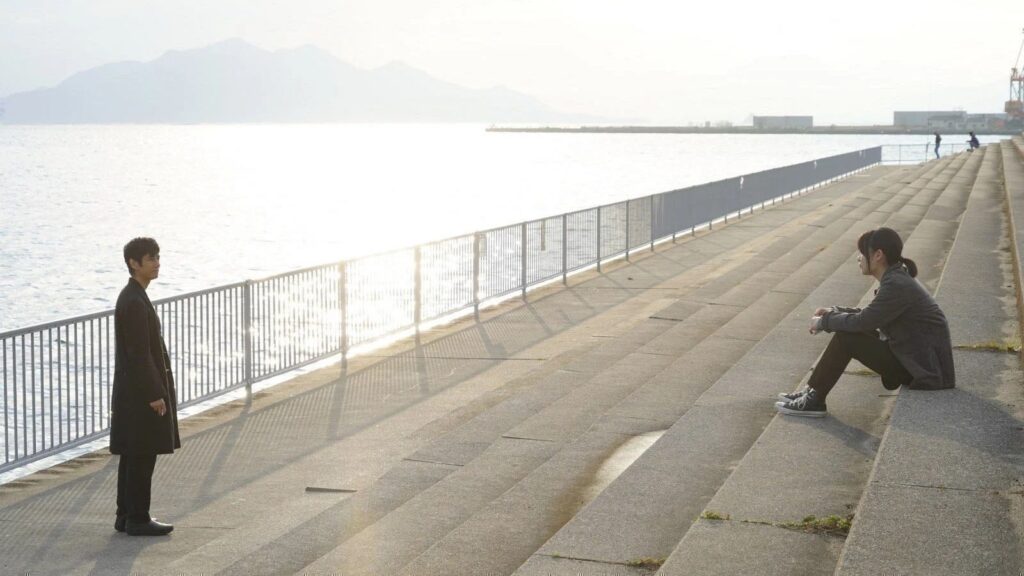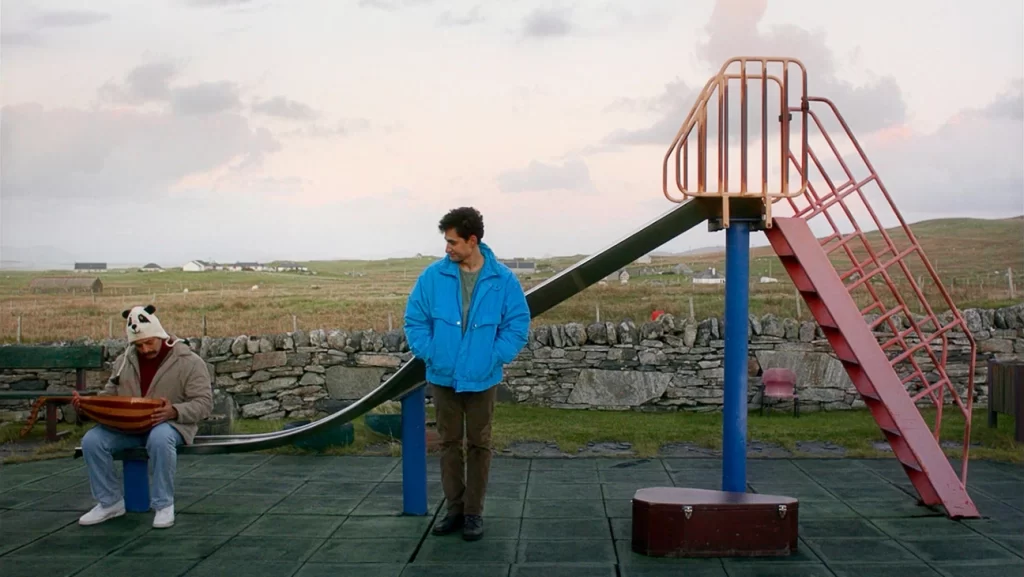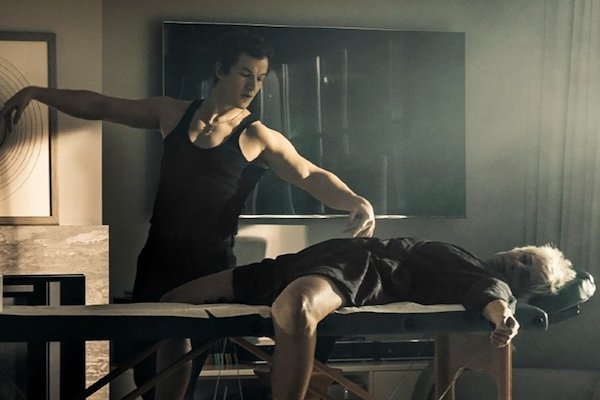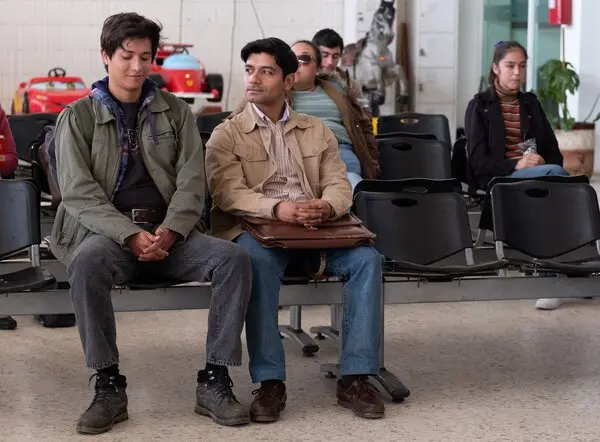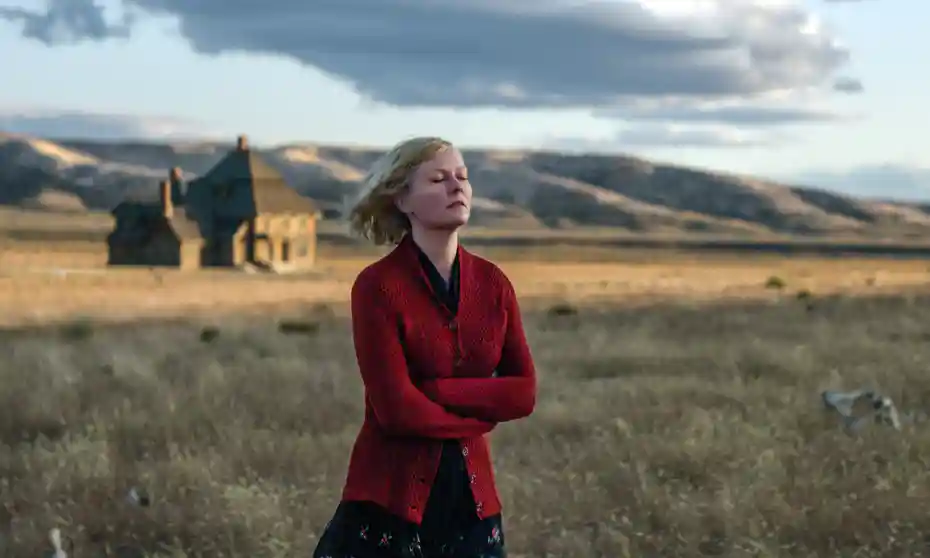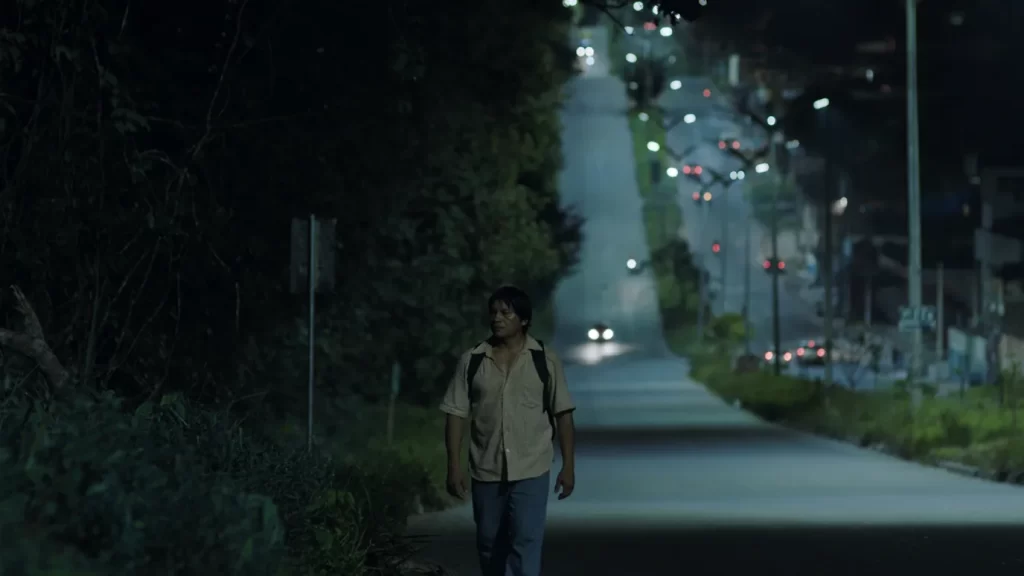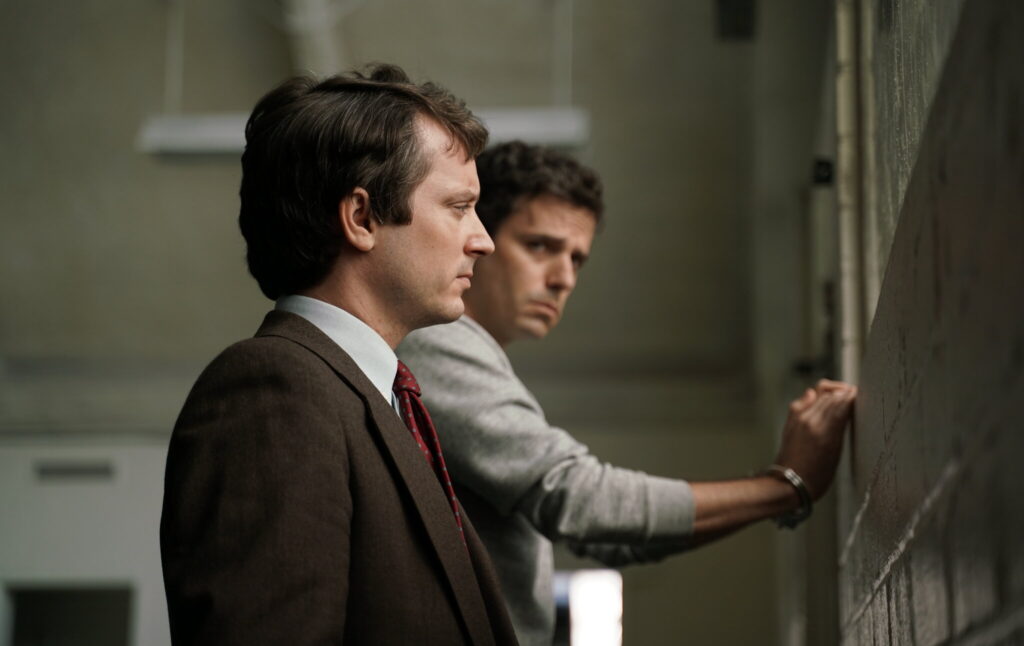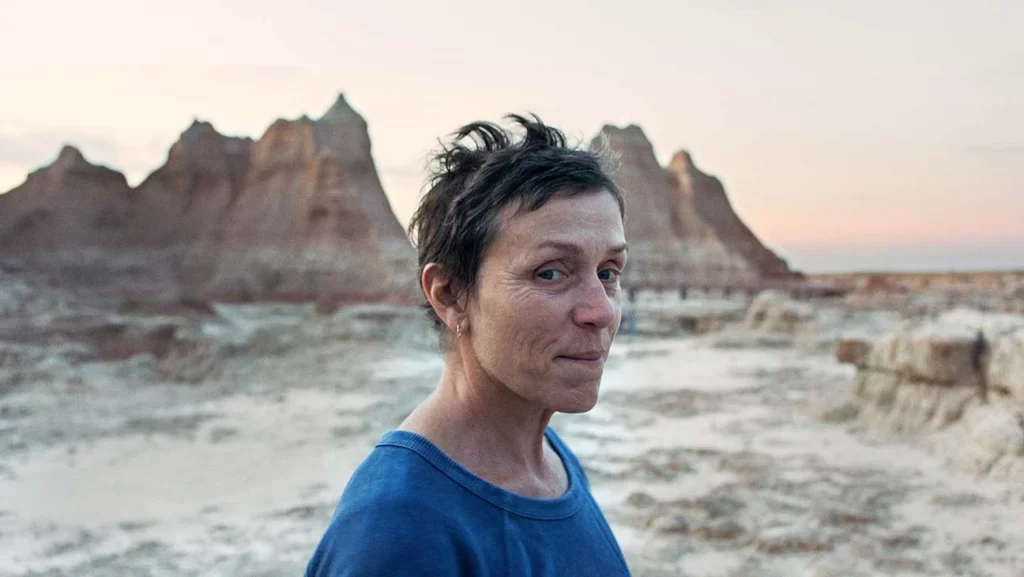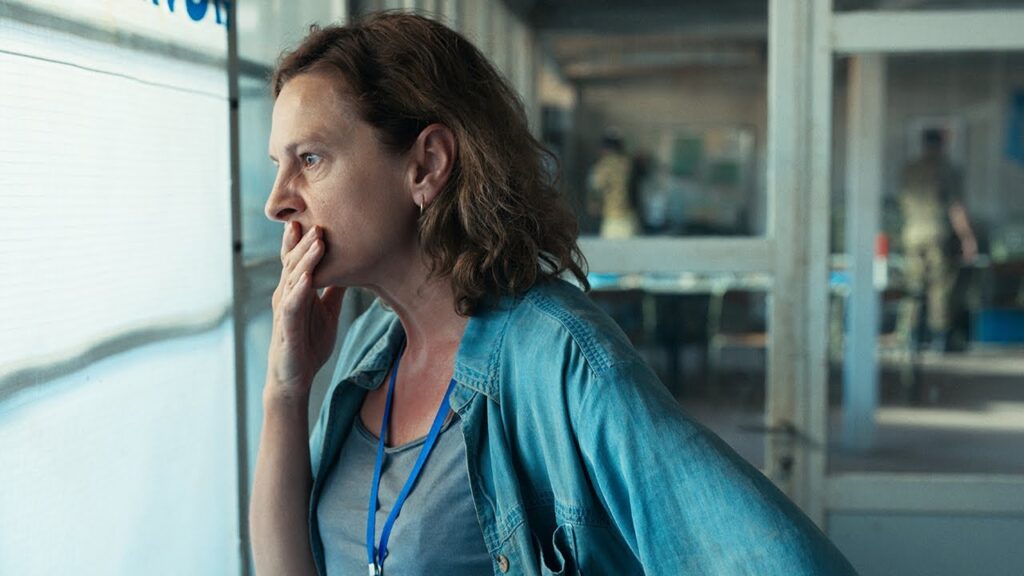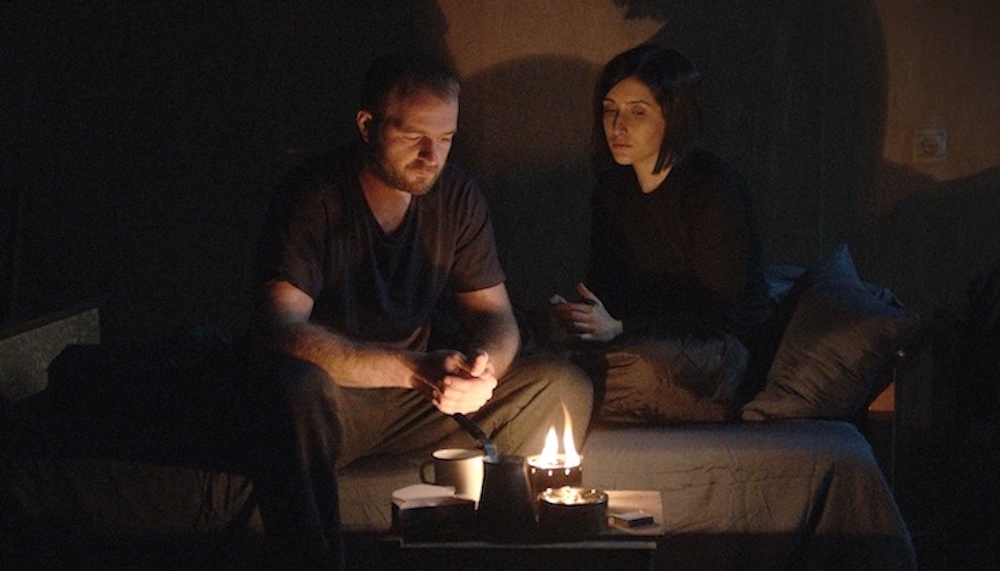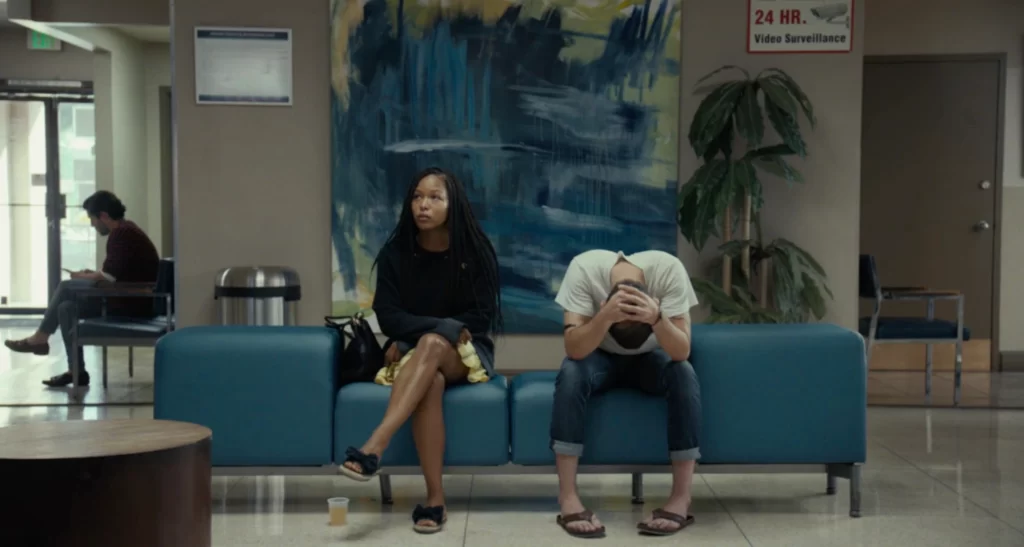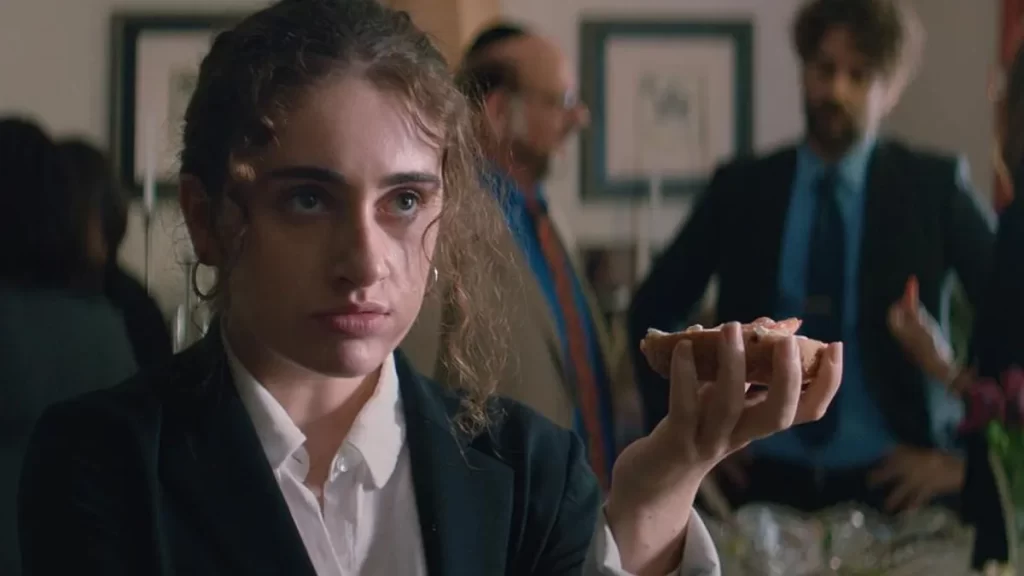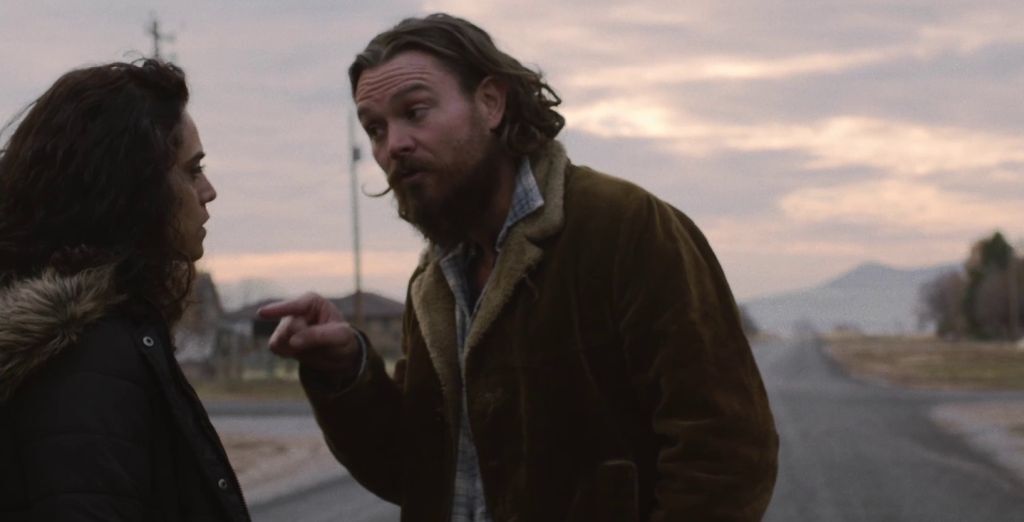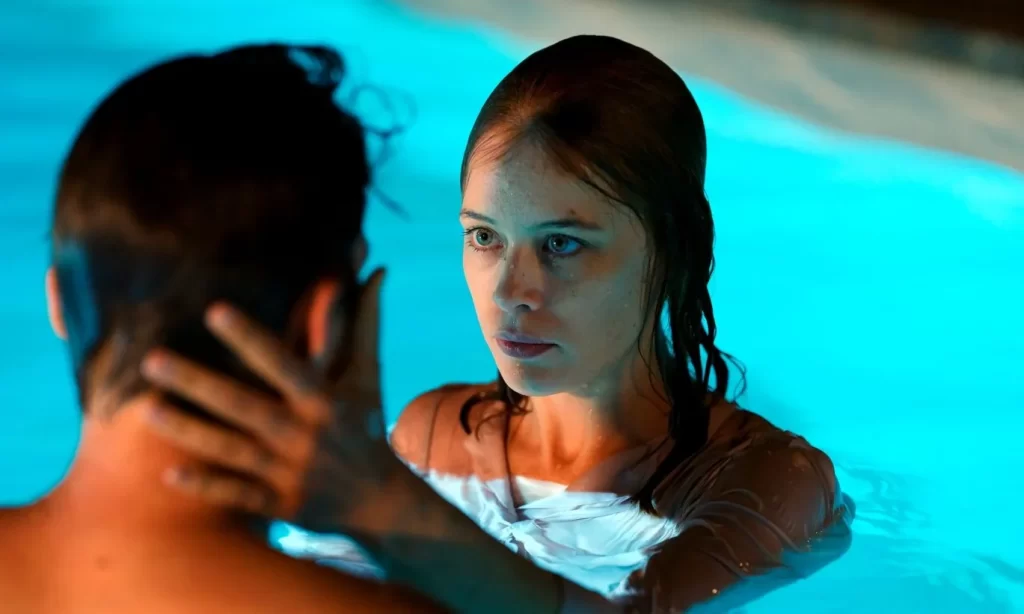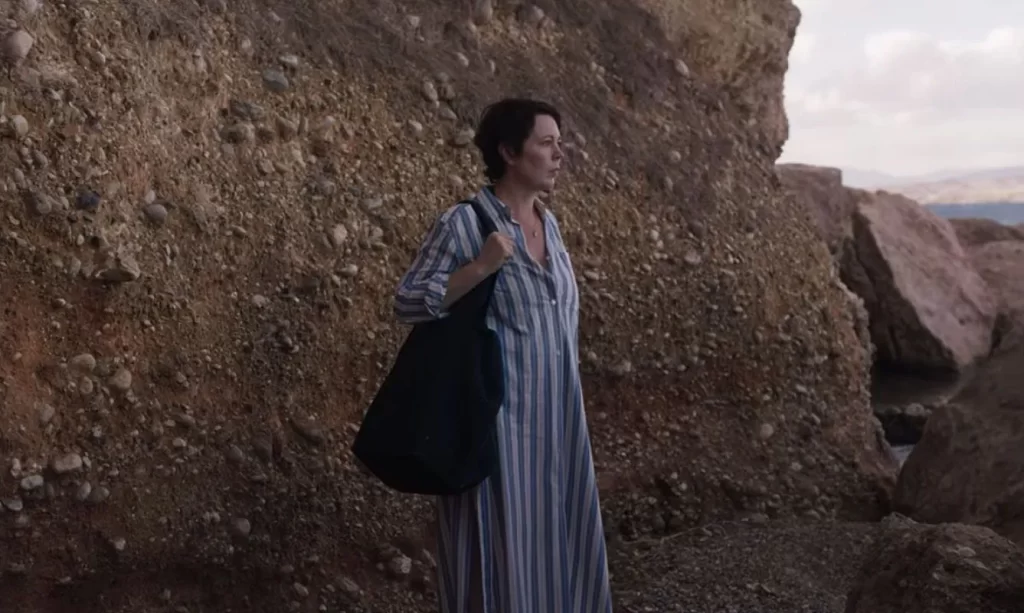 As we all age, I knew we would be losing some of my favorite performers in the coming years. Earlier this summer, it was hard to hear about Olivia Newton John’s death, but the loss of Fleetwood Mac’s Christine McVie in November hit me hard. She was my keyboard idol since the 70’s. She was a master pop songwriter. She was a superstar who preferred to stand out of the spotlight and just be one of the band. It was a dichotomy that underscored her talent and made her even more special. Christine is right up there with Kate Bush when it comes to my musical pantheon.
As we all age, I knew we would be losing some of my favorite performers in the coming years. Earlier this summer, it was hard to hear about Olivia Newton John’s death, but the loss of Fleetwood Mac’s Christine McVie in November hit me hard. She was my keyboard idol since the 70’s. She was a master pop songwriter. She was a superstar who preferred to stand out of the spotlight and just be one of the band. It was a dichotomy that underscored her talent and made her even more special. Christine is right up there with Kate Bush when it comes to my musical pantheon.
I discovered Fleetwood Mac along with many of the folks my age, with the blockbuster self-titled album, commonly referred to as the “white” Fleetwood Mac album. My older siblings loved Fleetwood Mac, and for me, at the age of thirteen, they were the first “adult” rock & roll band to really capture my attention. Like many young, gay boys, Stevie Nicks fascinated me. Her song Rhiannon was steeped in mythology, and her mystical leanings were quite the draw, but the musician in me was really captured by the smooth, sultry voice and blues-rooted keyboard stylings of Ms. Christine McVie.
 Her songs on that album were some of her best. Warm Ways, Over My Head, Say You Love Me and Sugar Daddy all made indelible impressions on me. I thrilled to her organ licks, and her rhythmic piano playing. The incredible harmonies that she spun with her bandmates, Stevie Nicks and Lindsey Buckingham were intoxicating. Rumours followed and Fleetwood Mac became one of the biggest bands in the world, selling more copies of an album than anyone before them. I went back and bought all of Fleetwood Mac’s earlier albums that featured Christine, starting with 1971’s Future Games, and through 1972’s Bare Trees, 1973’s Mystery to Me, and Penguin, and 1974’s Heroes are Hard to Find. Then came the rest of the catalog including 1979’s Tusk, 1980’s Live, 1982’s Mirage, 1987’s Tango in the Night, 1990’s Behind the Mask, 1995’s Time, 1997’s The Dance, as well as three solo albums, 1970’s The Legendary Christine Perfect, 1984’s Christine McVie, 2004’s In the Meantime, and an album with her bandmate Lindsey Buckingham in 2017 simply titled Lindsey Buckingham/Christine McVie. That was to be her last recorded music.
Her songs on that album were some of her best. Warm Ways, Over My Head, Say You Love Me and Sugar Daddy all made indelible impressions on me. I thrilled to her organ licks, and her rhythmic piano playing. The incredible harmonies that she spun with her bandmates, Stevie Nicks and Lindsey Buckingham were intoxicating. Rumours followed and Fleetwood Mac became one of the biggest bands in the world, selling more copies of an album than anyone before them. I went back and bought all of Fleetwood Mac’s earlier albums that featured Christine, starting with 1971’s Future Games, and through 1972’s Bare Trees, 1973’s Mystery to Me, and Penguin, and 1974’s Heroes are Hard to Find. Then came the rest of the catalog including 1979’s Tusk, 1980’s Live, 1982’s Mirage, 1987’s Tango in the Night, 1990’s Behind the Mask, 1995’s Time, 1997’s The Dance, as well as three solo albums, 1970’s The Legendary Christine Perfect, 1984’s Christine McVie, 2004’s In the Meantime, and an album with her bandmate Lindsey Buckingham in 2017 simply titled Lindsey Buckingham/Christine McVie. That was to be her last recorded music.
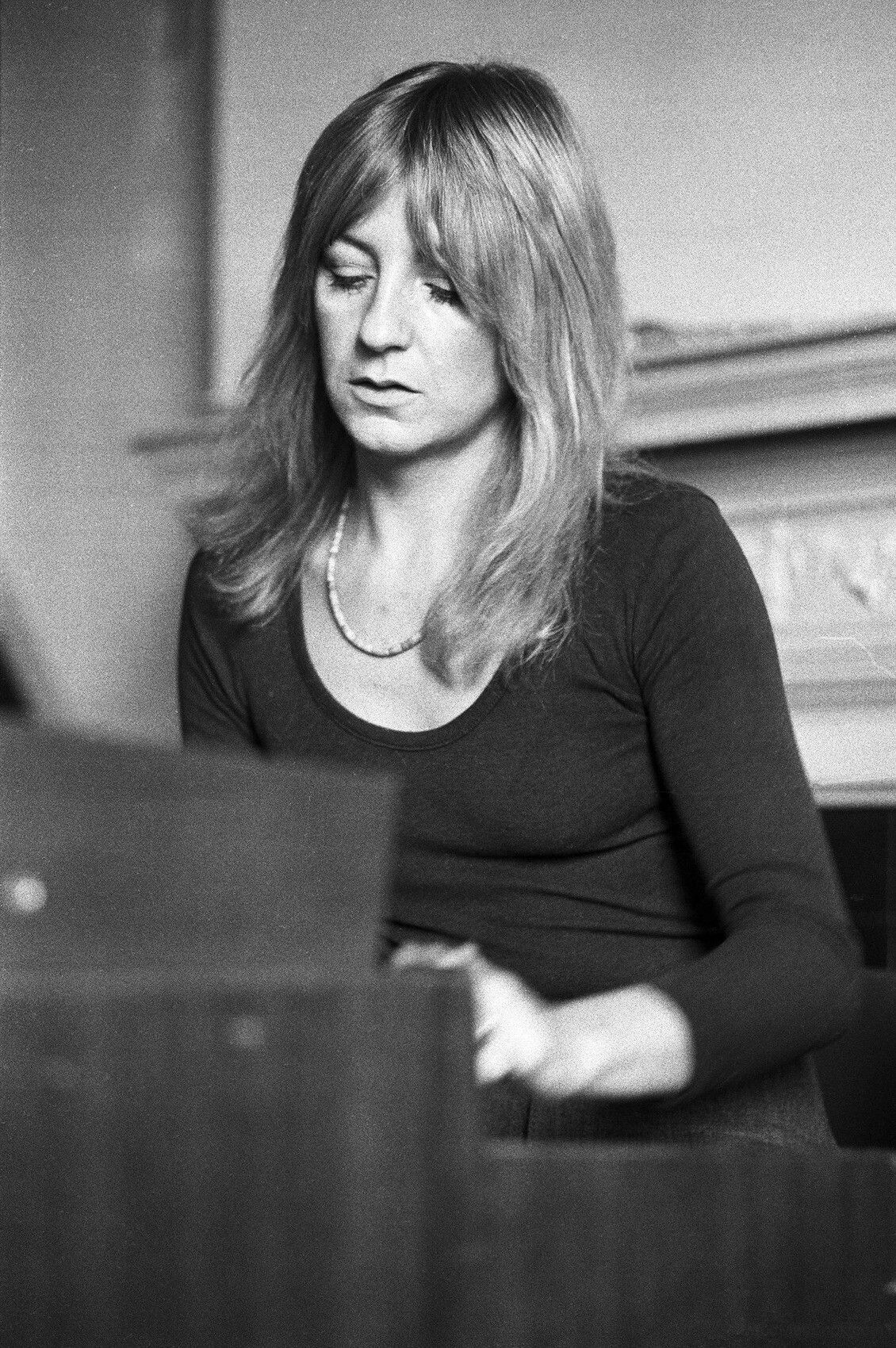 To honor Christine, I have compiled a ranked list of my favorite songs written by her. It was going to be a Top 40, but I couldn’t cut off there and ended up with my Top 46 Christine McVie songs. It’s not a comprehensive lists; there are many songs that didn’t make the cut, but it’s a great representation. Most are from her time with Fleetwood Mac, but her solo work is represented as well. Somewhat surprisingly, the top two songs were during Fleetwood Mac’s more obscure days, just before Lindsey and Stevie joined, helping to propel them into superstardom. In fact, both of the top two songs came from the Heroes Are Hard to Find album. Her first non-Fleetwood Mac song comes in at #15 from her self-titled solo album.
To honor Christine, I have compiled a ranked list of my favorite songs written by her. It was going to be a Top 40, but I couldn’t cut off there and ended up with my Top 46 Christine McVie songs. It’s not a comprehensive lists; there are many songs that didn’t make the cut, but it’s a great representation. Most are from her time with Fleetwood Mac, but her solo work is represented as well. Somewhat surprisingly, the top two songs were during Fleetwood Mac’s more obscure days, just before Lindsey and Stevie joined, helping to propel them into superstardom. In fact, both of the top two songs came from the Heroes Are Hard to Find album. Her first non-Fleetwood Mac song comes in at #15 from her self-titled solo album.

And here they are, my top 46 Christine McVie songs:
#1) Come a Little Bit Closer – Taken from the Heroes Are Hard to Find album, this track has everything you’d want from a Christine McVie song. A gorgeous piano introduction, her sweetly soaring vocals, and a sweeping string part played on her ARP String ensemble.
#2) Heroes Are Hard to Find – The title track from Fleetwood Mac’s 1974 album was a jaunty, upbeat number complete with a horn section! It’s one of Christine’s most playful song, and I would have given anything to hear this one performed live.
#3) Warm Ways – The instrumentation on this gorgeously, swoony lullaby shows off the best of Fleetwood Mac. The gently brilliant interplay between the electric piano and the organ, the subtly intricate guitar riffs, the gentle, rhythmic drumming, and the anchoring bass all serve to create the atmosphere for Christine’s warm, restless vocals to tell their tale.
#4) Think About Me – I’ve gotta give Lindsey Buckingham a little credit here because Tusk was his baby, and while this track is straight-forward, blues-powered Christine McVie, he applies a little punk-attitude with this hyper-distorted guitar and a little distortion on her Fender Rhodes to really pump it up. If Christine ever displayed a harder edge, it’s in this spunky, cutting pop song.
#5) Songbird – For many, this is Christine’s signature song, and there’s no denying the beauty of this concert closer and it’s message of love
#6) Sugar Daddy – This song from 1975’s Fleetwood Mac album doesn’t get a lot of love, but listen to Christine’s keyboard work. While the remastered version of the album track is first, and has a nice build, starting out being piano driven before the organ sweeps in, I’m going to include an early take that pumps up the organ right from the start. And that bass! It’s really a classic.
#7) Say You Love Me – The third single from the 1975 Fleetwood Mac album (following Over My Head and Rhiannon) this blues-fueled country-pop confection became their third top 20 hit from the album, peaking at #11. Nothing tops the three-part harmony of that chours.
#8) Hold Me – The first single from Mirage was a big step into the glossy, 80’s pop world. It’s also the first of several duets with Lindsey that Christine wrote and are featured on this list. From that great piano break to that offbeat chorus, this one is a special one for me.
#9) Just Crazy Love – This track from 1973’s Mystery to Me album is just so much fun. Christine lets her hair down and just let’s this boppy number take her all over the place. the free-wheeling vocals and that hammering guitar just put a smile on my face. She and guitarist Bob Welch worked well together.
#10) Over My Head – The lead single from the Fleetwood Mac album, and the band’s first song to crack the Billboard Top 20 is vintage Christine. It’s unique too because I think it was the first song I ever heard with a fade-in. I also include the live version which had a great little mini-duet with Stevie Nicks in the middle.
And the rest…
#11 – You Make Loving Fun – A Rumours classic
#12) The Skies the Limit – Best thing from the post-Lindsey era.
#13) Honey Hi – Such a gorgeous song from Tusk
#14) Why – Such a unique song from Christine form Mystery to Me. Live version with Stevie & Lindsey is so cool
#15) Gotta Hold On Me – Christine never really wanted to be a solo artist, but her second solo album spawned this terrific pop hit.
#16) Love in Store – Another hit single and album opener from the Mirage album
#17) Never Forget – Lovely pop gem from the Tusk album
#18) Morning Rain – Amazing, bluesey number from 1971’s Future Games spotlighting her powerful vocals and fantastic piano playing.
#19) Don’t Stop – One of Fleetwood Mac’s biggest hits, and enduring songs.
#20) Over and Over – This is the exquisite song that opened the Tusk album.
#21) Oh Daddy – Often overlooked track from Rumours. The darker side of Christine McVie. A bit of a musical companion piece to Stevie’s Gold Dust Woman.
#22) Believe Me – Nice blues-rockers from Mystery to Me. This clip from Midnight Special has a great guitar-intro from Bob Weston.
#23) The Way I Feel – Gorgeous, gentle ballad from 1973’s Mystery to Me.
#24) Little Lies – Another huge hit, this one firmly in the 80’s from Tango in the Night.
#25) Spare Me a Little – Here’s the first song from 1972’s Bare Trees to appear here, but this is a live recording from 1975 featuring Stevie & Lindsey.
#26) Red Sun – From the Buckingham/McVie album in 2017. She still has those pop song-writing chops. What a great song.
#27) World Turning – Her first song-writing collaboration with Lindsey Buckingham. When I first heard this I couldn’t tell who was singing what; their voices were in the same range!
#28) Only Over You – Great vocals from Christine on this track from Mirage
#29) Wish You Were Here – And a heartfelt ballad from Mirage. Bonus lovely live version from the Buckingham Mcvie tour just 5-years ago at age 74.
#30) Feel About You – Another track from the Buckingham/McVie album — this is pure pop confection.
#31) Never Make Me Cry – Another absolutely gorgeous ballad, this time from the Tusk album. This demo version I found is exquisite. It’s less produced than the album version, but I think I like it even better!
#32) Remember Me – Here’s a great song from the Penguin album. Great piano, organ, vocal arrangements…
#32) Temporary One – Fleetwood Mac performed this for The Dance concert and it was included on the companion album.
#34) Prove Your Love – Nice mid-tempo number from Heroes Are Hard to Find featuring Christine’s soaring vocals.
#35) Show Me a Smile – This lovely, gentle song from Future Games just reinforces the positivity that Christine infuses in so many of her songs.
#36) As Long As You Follow – The one new song from Fleetwood Mac’s 1988 Greatest Hits album. A cheesy video, but a gorgeous song from Christine, with a killer chorus.
#37) Who’s Dreaming This Dream? – A second cut from Christine’s 1984 solo album, this features a lovely harmony vocal from Lindsey Buckingham.
#38) Dissatisfied – Another great, rollicking, blues-influenced number from the Penguin album.
#39) Everywhere – Her last BillboardTop 20 hit with Fleetwood Mac, although it was #1 Adult Contemporary, this glittering pop confection is from Tango in the Night.
#40) Sweet Revenge – Even Christine likes to say that her 2004 solo album, In the Meantime, wasn’t her best effort, but there are some gems on there. Here’s one of them.
#41) I Do – Here’s a surprise. Fleetwood Mac’s 16th album, released in 1995 was called Time. Stevie and Lindsey had both left the band, and Christine wasn’t going to tour. So they brought in some new members, and Christine contributed 5 new songs, with this one being the sole single — although it only charted in Canada.
#42) Save Me – The only single from their 1990 album, Behind the Mask, and the last Top 40 song from Fleetwood Mac, this Christine McVie penned and sung number hit #33 on Billboard’s Hot 100. It’s a very solid pop song (although I have no idea why the second single, McVie’s The Skies the Limit – #12 above – wasn’t a massive hit.)
#43) Liar – Another strong song from McVie’s 2004 solo album, In the Meantime.
#44) I’m the One – Another great song from McVie’s second solo album fro 1984.
#45) The Challenge – A jaunty number in the early 80’s McVie style from her 1984 self-titled solo album.
#46) Easy Come, Easy Go – And rounding things out, one more song from her 2004 solo album, with a great hook in the chorus.
Thanks for the music, Christine. It will live on forever and I will treasure it for the rest of my life. I’m glad I found my hero.

